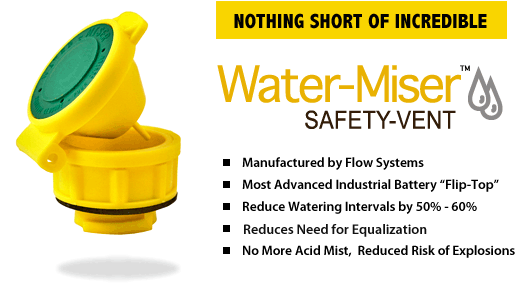BruceK
Moderator Emeritus
- Joined
- Oct 31, 2011
- Messages
- 13,347
- Vessel Name
- Sojourn
- Vessel Make
- Integrity 386
Might be better uses for a distiller if I had one....you can make a distiller with a jacketed exhaust pipe. It's what fishermen used to do before RO.
When I had open FLAs I used "Demineralized Water" picked up at the supermarket, seemed to be ok. Wonder what the difference was to "distilled"?


 I've had good luck with
I've had good luck with 
